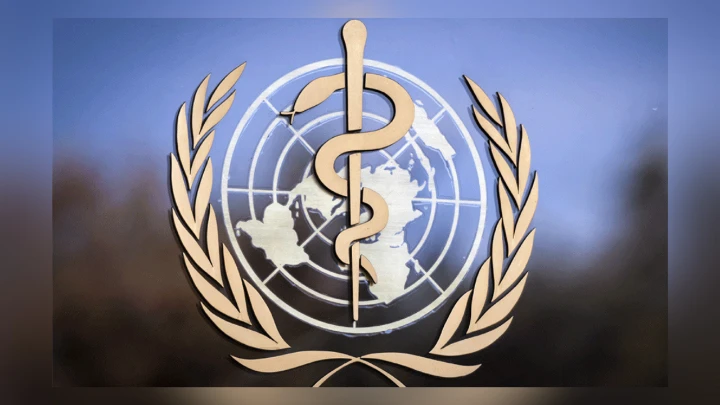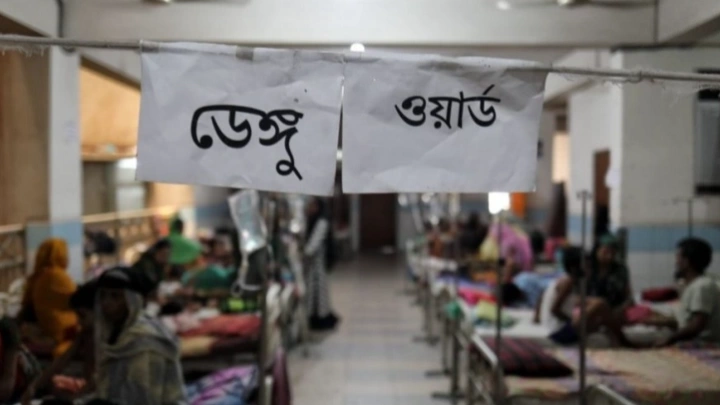How mental health crisis creates impact on pregnancy
Shining BD Desk || Shining BD
It is important to spread mental health awareness year-round for people who are pregnant or just had a baby, since one in five mothers meet the criteria for a mental health condition during or after pregnancy.
Our country is still in the middle of a pandemic and financial crisis. Reports have documented the heavy toll mental health has had on Americans, and how the U.S. is experiencing a dramatic increase in mental health needs.
The past two years has been marked by uncertainty, isolation, grief and trauma from things such as human loss, divisive politics and police brutality.
Imagine dealing with all of this adversity in addition to the physical and emotional challenges that come naturally during and after pregnancy.
Maternal mental health conditions are the most common complications of pregnancy and childbirth. These conditions include depression, anxiety disorders, obsessive-compulsive disorder, post-traumatic stress disorder, bipolar illness, substance use disorders, and even postpartum psychosis.
If left untreated, they can have long-term, negative impacts on parents, babies, families and society. These issues are even more common for people of color, as 40% are likely to experience maternal mental health conditions and are only half as likely as their white counterparts to receive treatment.Action is obviously needed. That action can start by raising awareness and initiating conversations. Amerigroup Tennessee has made a commitment to starting these conversations and connecting entire communities with the education, information and resources needed to address issues.
We are placing an emphasis on programs specifically working to create equity in maternal health care. We are focusing on programs that address racial disparities and biases, address health-related social needs, remove barriers to care and drive specific measurable maternal and child health outcomes. Each year, on average, a baby is born every 45 minutes to an Amerigroup Tennessee member with more than 12,000 babies born per year.
Educate people about tools and resources
We believe that a happy and healthy baby begins with a happy and healthy family. When Amerigroup becomes aware that a member is pregnant, outreach is conducted to share information about benefits, resources and supports. During this outreach, Amerigroup case managers use a Patient Health Questionnaire (PHQ-9) to screen for potential issues.
Case managers also employ a method called motivational interviewing to open conversations about mental health and substance use issues.
Amerigroup has also been leading campaigns to educate partnering providers and community advocates about tools and resources that can start conversations about mental health early enough to address concerns before they become life-threatening issues.
And when Amerigroup can’t be the one to start the conversation, it hopes pregnant members start the conversation by reaching out to their healthcare providers or Amerigroup Member Services – even if it is just to let them know that they are pregnant.
Amerigroup also urges friends and family of pregnant people to initiate conversations about mental health during pregnancy and after birth. Social and cultural stigma are among the top reasons why pregnant and postpartum people do not access needed mental health and substance use disorder resources.
Licensed counselors make a difference for clients
Information and resources can be found on Amerigroup’s Pregnancy & Women’s Health page and through its Pregnancy and Beyond Resource Guide.
Mental health is a critical component of a healthy pregnancy and healthy futures for new families. Everyone should take time to learn more about maternal mental health and feel empowered to start conversations that can improve and save lives.
Shining BD






















